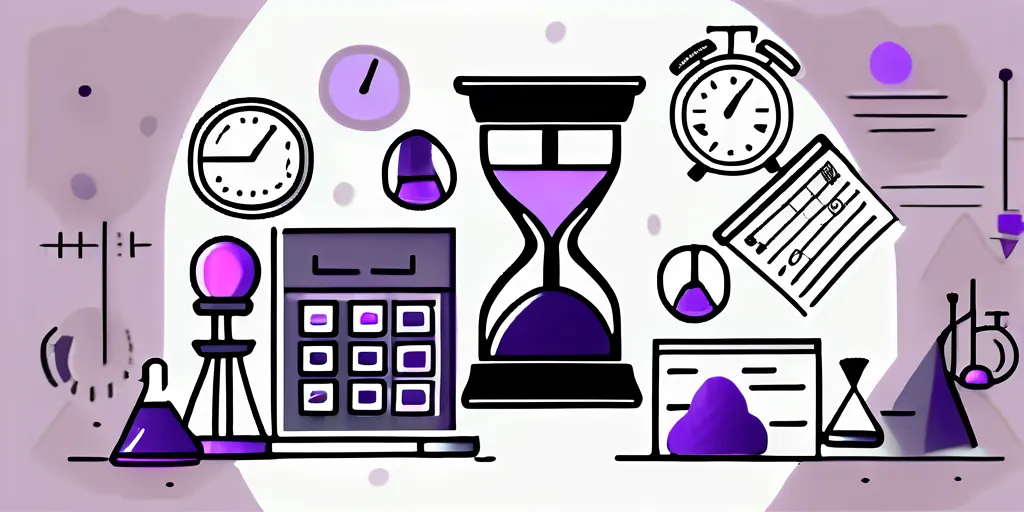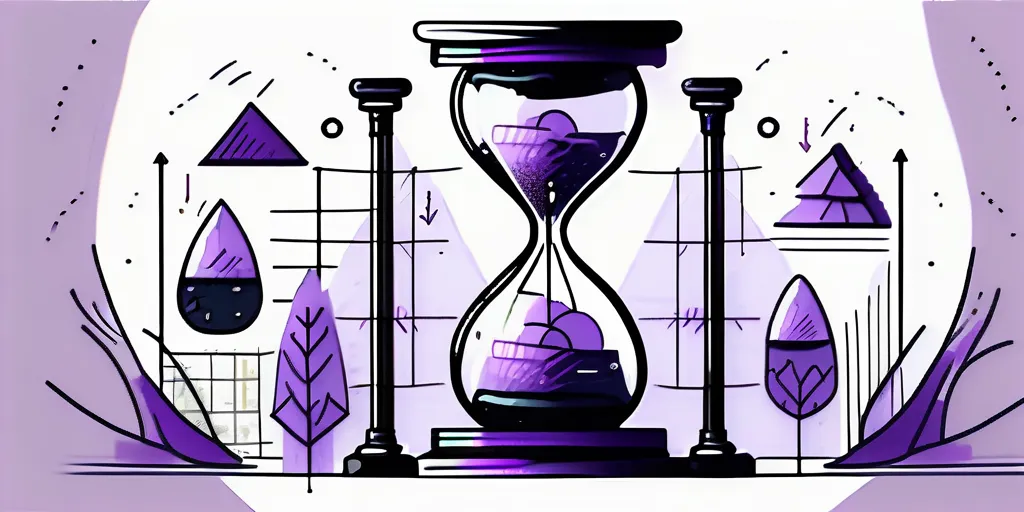
Effective Time Management for Musicians: Balancing Creativity and Business Responsibilities
01 October, 2024
Understanding the Importance of Time Management in Music
Time management is more than just organizing a to-do list; for musicians, it’s an essential skill that can significantly impact both their creative and business ventures. With the landscape of the music industry continuously evolving, effectively managing time allows artists to focus on their passion while also handling the myriad of responsibilities that come with being a musician.
The Dual Role of Modern Musicians
Today’s musicians wear multiple hats. Besides creating music, they often find themselves acting as producers, marketers, social media managers, and financial planners. This multifaceted role can become overwhelming without a structured approach to time management. Balancing the creative aspect with business obligations is no small feat, but it is necessary for sustaining a music career.
In essence, musicians need to foster their artistry while ensuring that their promotional and administrative tasks are also completed efficiently. Striking a balance between these roles can help in gaining visibility in a competitive industry and in making a meaningful connection with audiences. Additionally, the rise of digital platforms has increased the demand for musicians to be more proactive in their outreach. With streaming services, social media, and online marketing playing pivotal roles in an artist's success, time management becomes even more critical as musicians must allocate time not just for creating but also for engaging with fans and promoting their work.

Why Time Management is Crucial for Musicians
Imagine spending hours crafting that perfect song only to realize later that you neglected important meetings with promoters or didn’t schedule time to market your album. Effective time management helps avoid these pitfalls and can enhance overall productivity. When musicians manage their time well, they also pave the way for greater creativity since they can allocate specific times for brainstorming and songwriting without distractions.
Moreover, bad time management can lead to burnout. When you’re juggling too many tasks without a clear plan, it’s easy to feel overwhelmed, which can stifle creativity. A well-structured schedule allows musicians to create a rhythm that fosters both artistic development and necessary business tasks. Furthermore, incorporating time for self-care and relaxation is essential; musicians often pour their souls into their work, and without adequate downtime, they risk losing their passion. By setting aside time for rest and rejuvenation, artists can return to their craft with renewed energy and inspiration, ultimately enhancing their creative output.
Strategies for Balancing Creativity and Business Responsibilities
Finding equilibrium between the artistic and the practical is crucial for musicians. Here are some strategies to help strike that balance:
Prioritizing Tasks for Maximum Efficiency
One of the best ways to manage time effectively is through prioritization. Take a moment to list out all your tasks—both creative and business-related. Then, categorize them based on urgency and importance. This will help you focus on what truly matters each day.
- High priority tasks include upcoming gigs, deadlines for song submissions, or important networking meetings.
- Medium priority tasks could be promotional activities, planning for an album release, or engaging with fans on social media.
- Low priority tasks are those that can be delayed, such as organizing your studio space or updating your website.
Balancing Creative Time and Administrative Duties
Setting aside specific blocks of time for creativity and business tasks can make a world of difference. For instance, you might choose to dedicate mornings for songwriting and afternoons for meetings and emails. This not only provides clarity in your schedule but also allows your brain to switch gears smoothly between creative work and admin tasks.
Additionally, be mindful of your natural energy levels. If you’re a morning person, capitalize on that energy for your most creative work. Save more mundane tasks for when your energy dips. This awareness can maximize productivity and keep you engaged.

Tools and Techniques for Effective Time Management
Now that you have a strategy in place, let's talk about some tools and techniques that can enhance your time management skills.
Utilizing Digital Tools for Time Management
There’s no shortage of digital tools designed to help manage time effectively. Apps like Trello, Asana, and Todoist allow musicians to create tasks, set deadlines, and visualize their workflow. Scheduling apps such as Google Calendar are also great for organizing gigs, meetings, and writing sessions.
Setting reminders for deadlines is another key feature of these tools. These small nudges can make all the difference in keeping you accountable and on track. Just remember to regularly review your progress and adjust as necessary to stay aligned with your goals!
The Role of Routine and Discipline in Time Management
Establishing a daily routine can create a sense of discipline, which is vital for musicians. A consistent schedule helps build habits that can reduce decision fatigue. For instance, setting aside the same time each day for practice or songwriting can habituate productivity in those areas.
Moreover, celebrating small victories within your routine can offer motivation. Finishing a song draft, completing an album cover, or even handling your social media can lead to a sense of fulfillment, making it easier to stick to the routine.
Overcoming Common Time Management Challenges
Despite the best planning, challenges will arise. Let’s address some common hurdles musicians face in time management.
Dealing with Procrastination and Distractions
Procrastination can sneak in at any moment, especially when creative work feels daunting. To combat this, try breaking projects into smaller, manageable tasks. This can help prevent overwhelm and make it easier to take the first step.
Limiting distractions is also crucial. Consider setting up a workspace that’s free from interruptions. Whether it’s putting your phone on airplane mode during creative sessions or using apps that block distracting websites, these can be powerful tools in regaining focus.
Managing Unexpected Changes and Setbacks
Life happens, and musicians need to be flexible. Unexpected changes in schedules or sudden creative blocks can be frustrating. However, having a contingency plan can alleviate stress. Designate a make-up day for missed tasks or consider shifting priorities as needed.
Being adaptable in the face of setbacks can also enhance resilience. When approaching your time management with a mindset prepared for change, you’re better equipped to navigate challenges while still staying productive.
Maintaining a Healthy Work-Life Balance as a Musician
The demands of a music career can blur the lines between work and personal time. It’s essential to cultivate a healthy balance to avoid burnout and maintain passion for your art.
Importance of Downtime and Self-Care
Downtime isn’t a luxury; it’s a necessity. Taking breaks allows your mind to reset and rejuvenate, which is crucial for sustained creativity. Whether it’s engaging in another hobby, going for walks, or simply taking time to relax, make sure to include these moments in your schedule.
Moreover, self-care routines such as mindfulness practices or physical exercise can enhance overall well-being. When you feel good physically and mentally, you’re poised to create and manage your time more effectively.

Setting Boundaries Between Work and Personal Life
Lastly, it’s crucial to establish boundaries. Designate specific times for your professional responsibilities and stick to personal commitments just as firmly. For instance, avoid checking emails during family dinners or personal relaxation time.
By setting these boundaries, you not only protect your personal time but also boost your productivity when you’re working. A balanced approach enables you to thrive in both your professional and personal lives, leading to greater long-term success as a musician.
In conclusion, effective time management for musicians involves understanding the importance of balancing creative pursuits with business tasks. By adopting strategic approaches and utilizing available tools, musicians can cultivate a fulfilling career that allows for both artistry and practicality. Keep refining your approach, and don’t forget to enjoy the journey!

Maxence is the CEO and founder of Releese Innovations, a leading music tech company based in Canada